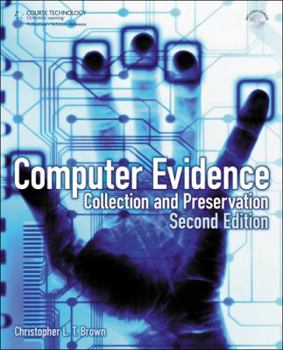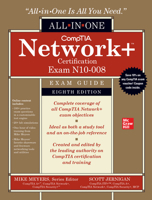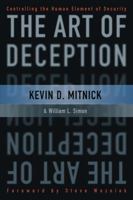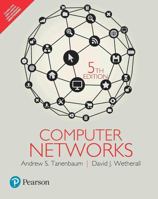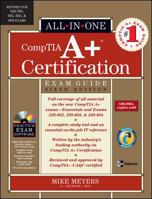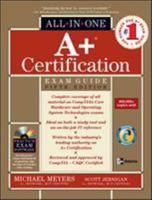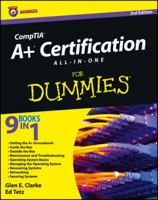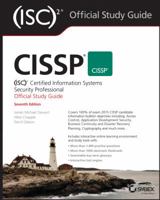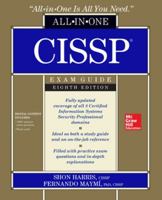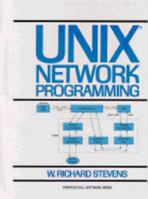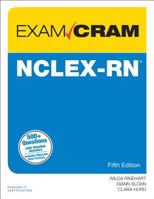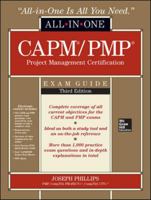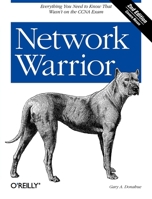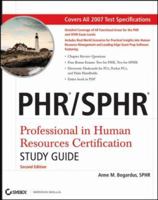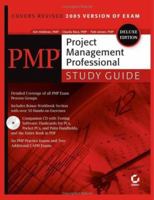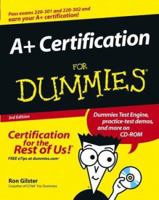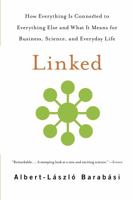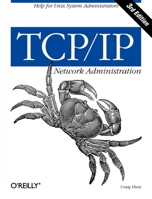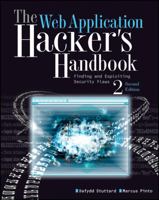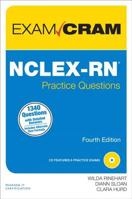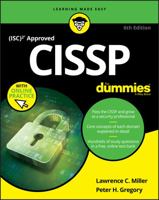Computer Evidence: Collection and Preservation
You Might Also Enjoy
Customer Reviews
Rated 4 starsThe Collection and Preservation of Digital Evidence
At this time I am about halfway through the book and finding it very informative and very interesting. It covers a lot of technical information which is normally pretty boring but I am having a hard time putting it down. Highly recommend this as require reading for the ameture forensic computer examiner. CR Flowers CCE
0Report
Rated 5 starsTHE CSI OF COMPUTER EVIDENCE!!
Are you a law enforcement officer, system administrator, IT professional, legal professional or a computer forensics student? If you are, this book is for you! Author Christopher LT Brown, has done an outstanding job of writing a great book by focusing on the first two phases of the computer forensics process: computer evidence collection and preservation. Brown, begins by introducing the reader to the essential elements...
0Report
Rated 5 starsThe Most Comprehensive Book on the Subject
This is a timely book as we are hearing more and more about the U.S. military and intelligence agencies collecting the computers used by terrorists. This same trend is appearing in conventional law enforcement. The amount of information that can be stored on a computer is, of course huge, also important is the transient: What web site is the computer viewing? What e-mail system is on-line? What can be gotten from the router...
0Report
Rated 4 starsGreat resource
It seems that a lot of books on forensics concentrate on making a disk image of the hard drive being examined, filtering the information on the disk, and presenting it in proper format for court use. However, collecting and preserving the evidence is much more than imaging the hard disk. If the computer is still on then evidence may be in memory, potential evidence may be on routers, proxy servers, etc. This book details...
0Report










